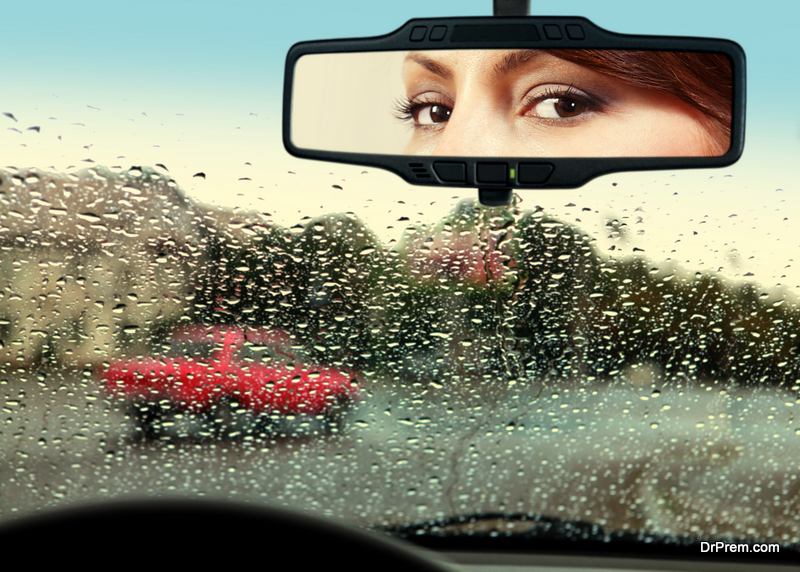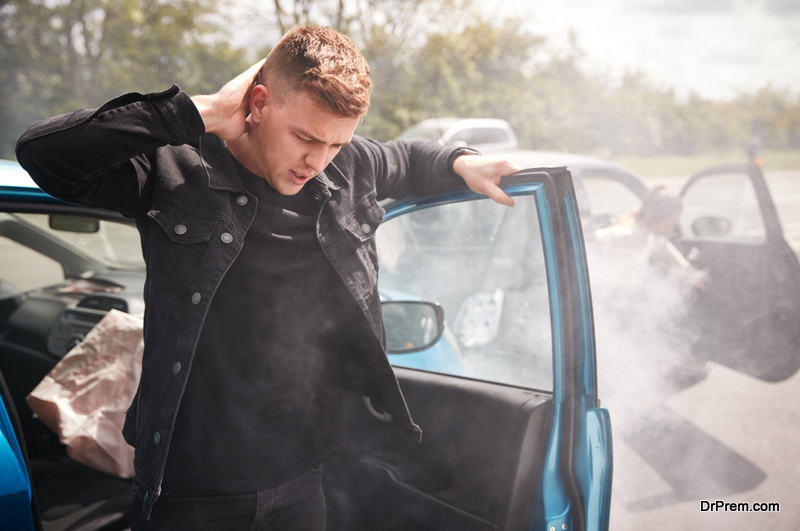Nobody wants to be involved in a car accident, but they’re incredibly common. Every year, millions of drivers experience a collision, ranging from mere fender benders to multi-car, fatal accidents. And while car safety features are becoming more advanced and our understanding of traffic science is improving, there are still some fundamental factors responsible for keeping collision rates high.
The good news is, most of the common factors for car accidents can be completely prevented—or at least mitigated. And if you can prove that you were a responsible driver, you can likely receive compensation from the offending driver, especially if you work with a car accident lawyer to review your case.
So, what exactly are the most common causes for car accidents, and how can they be prevented?
The Most Common Factors
Let’s take a look at the most common factors contributing to accidents:
1. Bad weather

There are many types of bad weather, and all of them result in an increased rate of traffic accidents. Heavy rain can make the roads slick and limit visibility. Snow and ice can lead to loss of vehicle control. Fog can make it almost impossible to see the cars ahead of you. The best way to avoid this factor is to avoid the roads altogether in bad storms and problematic conditions. But if you must go out, use your headlights, slow down, and increase your following distance to exercise more caution.
2. Intoxication
Despite our cultural awareness that intoxicated driving is a problem, there are still nearly 30 deaths every day due to crashes involving an alcohol-impaired driver. All forms of intoxication, including from alcohol and other mind-altering substances, have the power to make you a worse driver. There’s not much you can do about other drivers on the road, but if you’ve had even one or two drinks, stay away from the roads until you’re completely sober.
3. Distraction

Many modern accidents are caused due to distraction. Simple distractions, like looking too long at a billboard or staring at a different car accident, have always and likely will always be a problem. But the bigger, more actionable threat is with technological distractions. Checking your email, typing a text message, or trying to enter a new address in your GPS can all take your eyes off the road—and it only takes a second or two of lost attention to dramatically spike your likelihood of being involved in a wreck. If you want to make yourself less distracted, keep your phone turned off, and try to keep your eyes on the road at all times.
4. Fatigue
Most people know that alcohol will impair your driving, but not as many people realize that tiredness can have a similarly powerful effect. Fatigue can slow your reaction time and impair your judgment—and if you fall asleep at the wheel, the results can be deadly. If you’re exceptionally tired, make sure you take a nap, or call a ride to get you home.
5. Speeding

Most people speed at least occasionally, but the speed limit laws are there for a reason. The faster you travel, the less time you have to react to the situations around you, and the more damage you’ll cause if you get into an accident. At a high enough speed, even with perfect reaction time, your car will take such a long time to come to a stop that the accident will be practically unavoidable. Follow posted speed limit signs, and reduce your speed even further in unfamiliar or risky situations.
6. Traffic law violations
Other traffic law violations can also cause accidents; most traffic laws are designed to keep us safe. For example, if you run a red light, fail to yield, or pass on a double yellow line, you’ll be significantly increasing your chances of being involved in a collision. Increase your awareness, and follow all laws.
7. Mechanical car faults

Some car accidents result from one or more cars with mechanical faults, like worn brakes or steering issues. You can prevent these by taking your car in for periodic maintenance, fixing mechanical issues proactively, and taking action on recalls.
Other Causes of Accidents
While most of these factors are preventable or avoidable, there are some car accidents that can unfold even when nobody is technically at fault. Mislabeled construction sites could cause damage to a vehicle, or cause people to drive erratically. Acts of God, like lightning strikes or falling trees, could also cause practically unpreventable accidents.
Still, the majority of accidents are wholly preventable, and it’s important for drivers to treat them that way. Do what you can to limit your risks, and keep the roads a safer place for everyone.
Article Submitted By Community Writer




